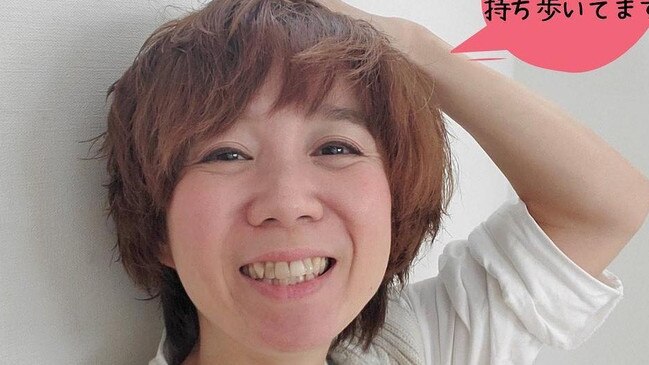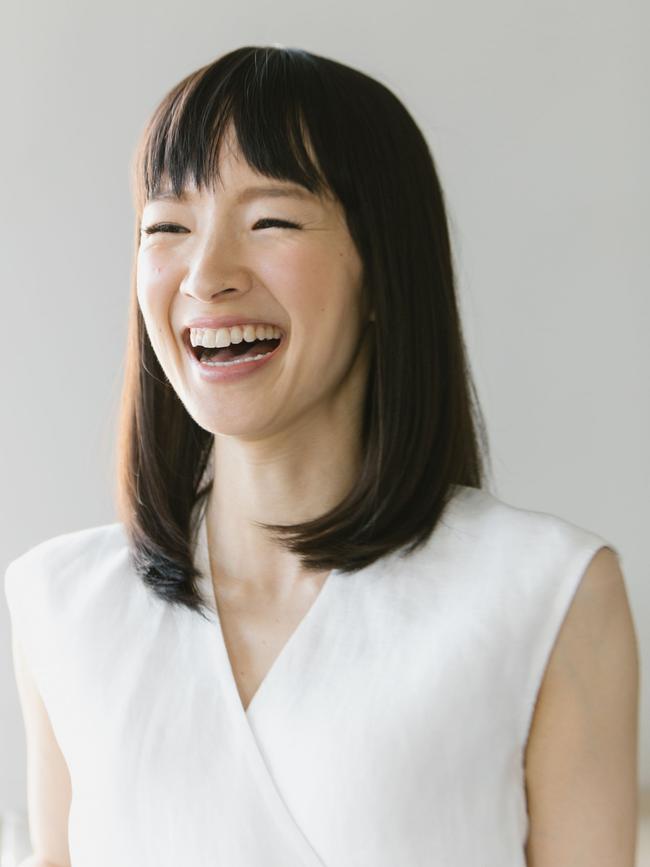Queen of thrift Megumi Nakano helps consumers resist the call to splash out
Megumi Nakano is Japan’s new internet sensation is a guru of ‘setsuyaku’ — and she’ll save you a fortune.

Among the primped and preened influencers on Instagram, Megumi Nakano stands out. On a site dedicated to youth and vanity, she is a 40-year-old mother and housewife who appears without make-up and with her hair unbrushed. Rather than fashion tips or celebrity gossip, her daily videos focus on ingenious ways of re-using leftover vegetables. But in her own way, Nakano is an internet sensation.
In the past two years, under the nickname Kuu-chan, she has acquired 118,000 Instagram followers, published a book and appeared on national television. While Japan’s most famous self-help celebrity, Marie Kondo, preaches the benefits of tidiness, Nakano is the guru of setsuyaku - thrift.
Every morning at 5.45am, she livestreams in her sweatpants to tens of thousands of fans - mostly Japanese mothers like her - who rise before dawn to prepare food for sleeping husbands and children.
“Manage for a day using leftovers in the fridge,” she says in a recent video, in which an ageing onion, two tomatoes, and a bag of chicken nuggets are effortlessly transmuted into several filling meals. “Put the priority on what you have to eat rather than what you want to eat,” she says.
Nakano gives advice on family meals, discount grocery shopping and household saving. The message of her book, A Thrifty Housewife’s 10 Million Yen [pounds 63,000] of Savings That You Too Can Quickly Make, captures the anxious frugality of many people in Japan, and goes against everything its government is trying to achieve.
Since the collapse of the overheated “bubble economy” of the late 1980s, Japan has struggled with deflation - the stubborn failure of prices and wages to rise.
This hurts the economy by depressing consumption, manufacturing and commerce, and successive governments have tried to reverse its effects. Interest rates have been reduced below zero, tax cuts have been promised to businesses that raise wages and the goverment has handed out cash.

None of this has worked, however, and the modest goal of a 2 per cent inflation rate is yet to be achieved. The culprits are cautious, ordinary people like Nakano and her followers, who stubbornly insist on saving.
Their reasoning is brutally simple. “People are anxious about the future,” she said. “Without some expectation of a rise in salary, or bonuses, or some recovery of the economy, people don’t want to spend.”
Nakano grew up during the “bubble” but like many, she started to feel the crunch after the birth of her two sons. Forced to work part time, her income fell to the equivalent of pounds 1,400 a month, and the life of thrift began.
Unlike the queen of tidiness, Kondo, who is inspired by the quasi-mystical ideas of the Shinto religion, Nakano’s advice is mundanely down to earth: save money on clothes by adopting a “uniform” of a white T-shirt and jeans; keep careful accounts of spending and income; plan meals; buy only what you need; minimise big nights out.
Last year she gave up her nursing job to become a full-time influencer. Her book is in its third printing, the media invitations keep coming and she is training to become a financial adviser. Frugality has been good to Megumi Nakano. The queen of thrift has less need than ever to economise.
The Times







To join the conversation, please log in. Don't have an account? Register
Join the conversation, you are commenting as Logout